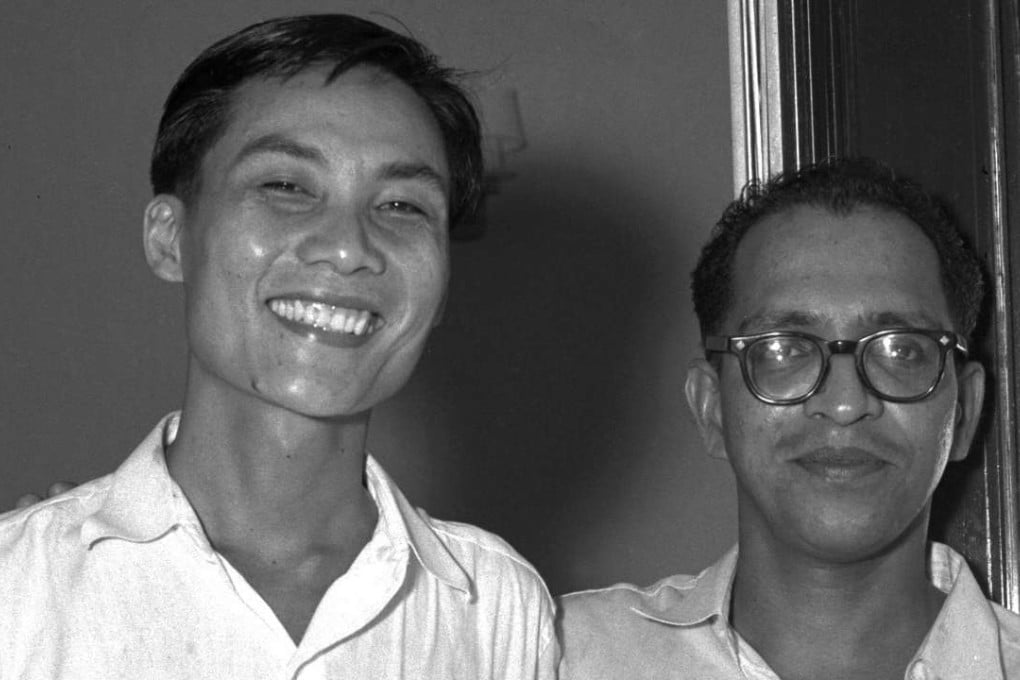Death of ‘communist’ Fong Swee Suan and a chance to rethink Singapore’s past
Once derided as leaders of a communist conspiracy, some believe Fong Swee Suan and those who joined him were only seeking a cleaner break from colonial rule

On February 4, Fong Swee Suan, the veteran Singaporean trade unionist and political activist, died at the age of 85. Following years of political exile in Malaysia, Fong spent his later years living a quiet life in Singapore. This relative serenity stands in stark contrast to the tumultuous years of Fong’s youth, when he played a prominent role in Singapore’s anticolonial struggle during the 1950s and early 1960s.
Fong’s first involvement in anticolonial politics came as a student at the Chinese High School. Fong and his classmate, Lim Chin Siong – who would later be an influential left-wing politician and trade union leader – mobilised their fellow students, organising political discussion groups and encouraging their classmates to assist in relief efforts for the poor. In 1951, Fong’s education was cut short when he was one of 108 students expelled for boycotting the Junior Middle III exam.
Following his expulsion from the Chinese High School, it was an easy and logical step to the world of labour politics. In 1952, Fong joined the Green Bus Company and in 1953 he was elected as secretary-general of the Singapore Bus Workers’ Union (SBWU). In the aftermath of the second world war, Singapore had been shaken by a series of strikes. However, following the declaration of a state of emergency in 1948, the trade union leadership had been either driven underground or co-opted by employers and the colonial state. All of this was to change in 1955.
That year Fong instigated an SBWU strike against the Hock Lee Bus Company to get improved working conditions and protest against the company’s unfair treatment of union members and officials. The Hock Lee Bus strike was part of a broader upsurge in labour unrest in Singapore during 1955, as workers across multiple industries protested against deteriorating economic conditions, discriminatory working practices, and the infringement of labour rights. Much of this unrest was led by the Middle Road Group, a coalition of leftist trade unions linked to the People’s Action Party (PAP), of which Fong was a founding member.
Revealed: Malaysia’s ‘new evidence’ in island row against Singapore
The British authorities and the pro-business press denounced the strikes as a communist conspiracy, urging the embattled chief minister, David Marshall, to suppress the unrest using the police and British troops. When the Hock Lee Bus strike descended into a riot, leaving four dead and 31 injured, Fong was arrested and detained for 45 days for his alleged role in organising the riot – an accusation that he always denied.